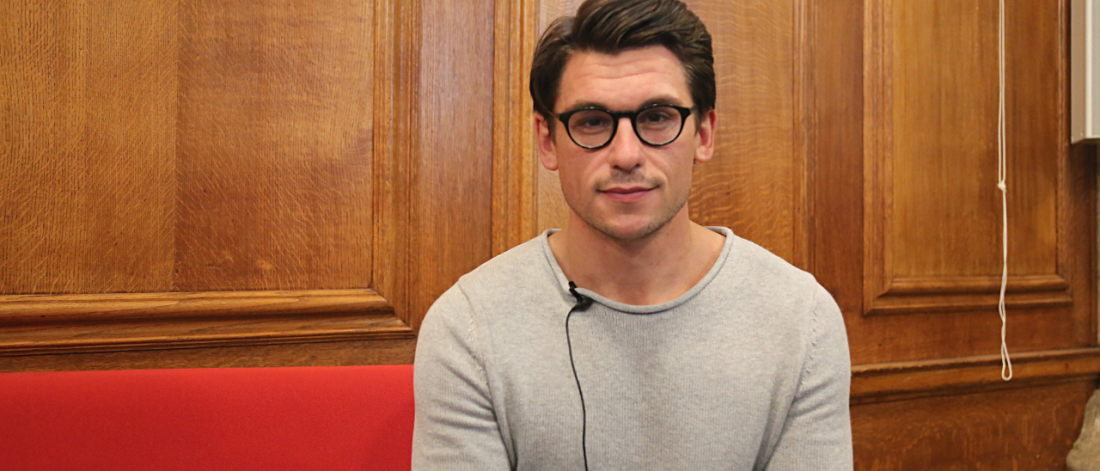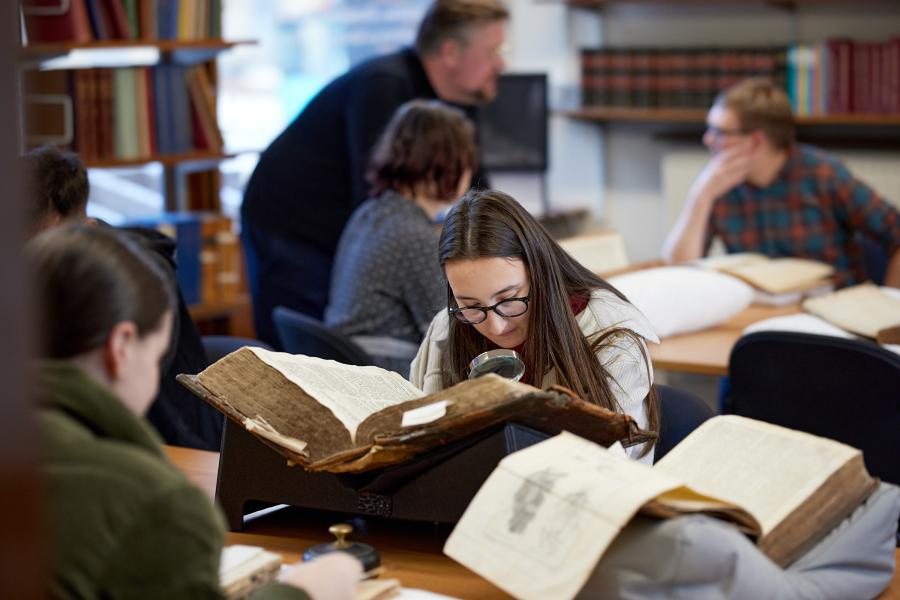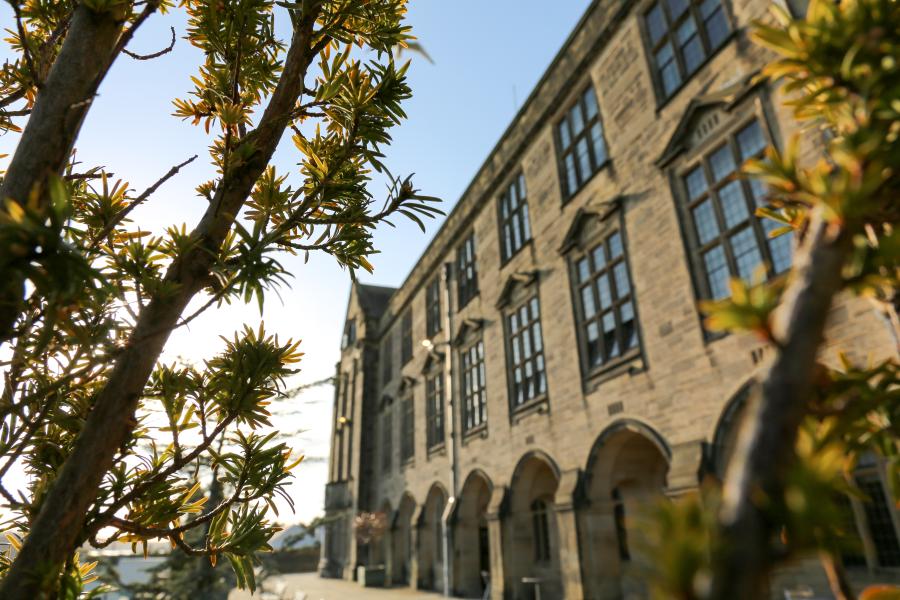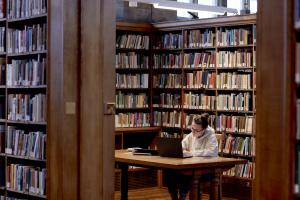Find the right Creative Writing course for you
Keep up to date with what our staff and students are up to...
Student Experience
Do you have a question about life as a Bangor University student? Our ambassadors will be happy to help you find the answer.
They can tell you more about studying here, about the amazing Clubs and Societies we have, and how they made friends and settled in to life at university.
If you have any questions about the course, our lecturers are on hand to help. Below are some examples of frequently asked questions. Can you think of any more?
- What are the qualities of a successful Creative Writing and Professional Writing student at Bangor?
- How can I prepare myself to study Creative Writing and Professional Writing at Bangor?
- How will I know that Creative Writing and Professional Writing at Bangor is the right choice for me?
Skills you'll gain whilst studying an English Literature degree
There are plenty of transferable skills you'll learn whilst studying English Literature, our graduates graduate with skills that are highly sought after in todays job market. Alongside the ability to write and to speak well, and to synthesise information effectively, our degrees provide you with;
- time management and self-discipline skills
- oral and written communication skills;
- problem-solving abilities, including careful analytical evaluation;
- critical thinking and assessment skills, including the ability to self-consciously examine your own and others’ writings;
- independent and flexible thinking;
- and an ability to synthesise, absorb and critique multiple and conflicting sources of information.
These skills you learn whilst studying English Literature can lead you into a range of different career paths. Some career paths you might want to consider include:
- primary / secondary school educator;
- academic librarian;
- arts administrator;
- archivist;
- civil service;
- librarian;
- proof-reader;
- editorial assistant;
- journalist;
- public relations;
- web content writer;
- advertising copywriter;
- academia;
- and creative writing.
Our Research in Creative Writing
The expertise of Creative Writing staff lies in the craft of language and storytelling within the broad context of professional practice. Our staff work across disciplines, including poetry, short story, the novel, social media fiction, digital fiction, journalism, screenwriting, and publishing.
Staff are internationally recognised experts in their chosen field, bringing knowledge and enthusiasm to their teaching. The department has an active community of research students and offers research supervision in a range of specialist areas, including Poetry, Short story writing, Creative Translation, Bookselling, The space of the book, Digital publishing, Experimental writing, Ecopolitics, Welsh writing in English, Concept development, Screenwriting, Nationalism in Wales, Welsh or Welsh language media, Digital media in minority languages, Political Journalism.
Find out about the range of course options in this subject area.
Find out about the range of course options in this subject area.








